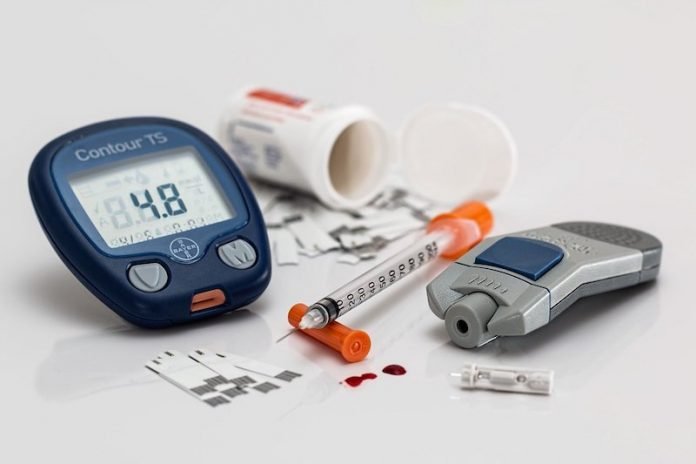
Up to one in four Danes has an unhealthy accumulation of fat in the liver, also known as fatty liver.
Fatty liver is rarely the cause of symptoms in itself, but people with fatty liver have an increased risk of developing diabetes.
Exactly how the two diseases are linked has, however, so far been unknown.
In a new study, researchers found that people with fatty liver have reduced sensitivity to hormone glucagon which increases the glucagon secretion and leads to increased amounts of glucagon in the blood.
The same is seen in patients with type 2 diabetes, the vast majority of whom have increased fat in the liver.
According to the researchers, the reduced glucagon sensitivity means that the secretion of glucagon is increased via a so-called feedback system between the liver and the pancreas.
An elevated level of glucagon is undesirable as it increases sugar production in the liver and thus creates a high blood sugar level.
The research was conducted by a team at the University of Copenhagen.
With the study, the researchers are introducing an entirely new concept within the field of diabetes: glucagon resistance.
They believe that the concept is so fundamental to the understanding of diabetes that it should not be limited to laboratories and research environments.
The decreased glucagon sensitivity may help to explain the connection between fatty liver and type 2 diabetes. And with new knowledge come new opportunities.
If doctors can detect decreased glucagon sensitivity, they can start treatment earlier. That way, they can stop the glucagon level and thus the blood sugar from running wild.
This study points to a new biomarker (the glucagon-alanine index) that may be useful in identifying persons with impaired glucagon sensitivity.
If doctors can detect glucagon resistance from a blood test, they can start treatment early and thus prevent the development of type 2 diabetes.
The treatment consists primarily of weight loss, which will limit the amount of fat in the liver but may also include drugs that go in and inhibit the hormone glucagon.
One author of the study is Nicolai J. Wewer Albrechtsen, Assistant Professor at the Novo Nordisk Center for Protein Research.
The study is published in Molecular Metabolism.
Copyright © 2020 Knowridge Science Report. All rights reserved.



